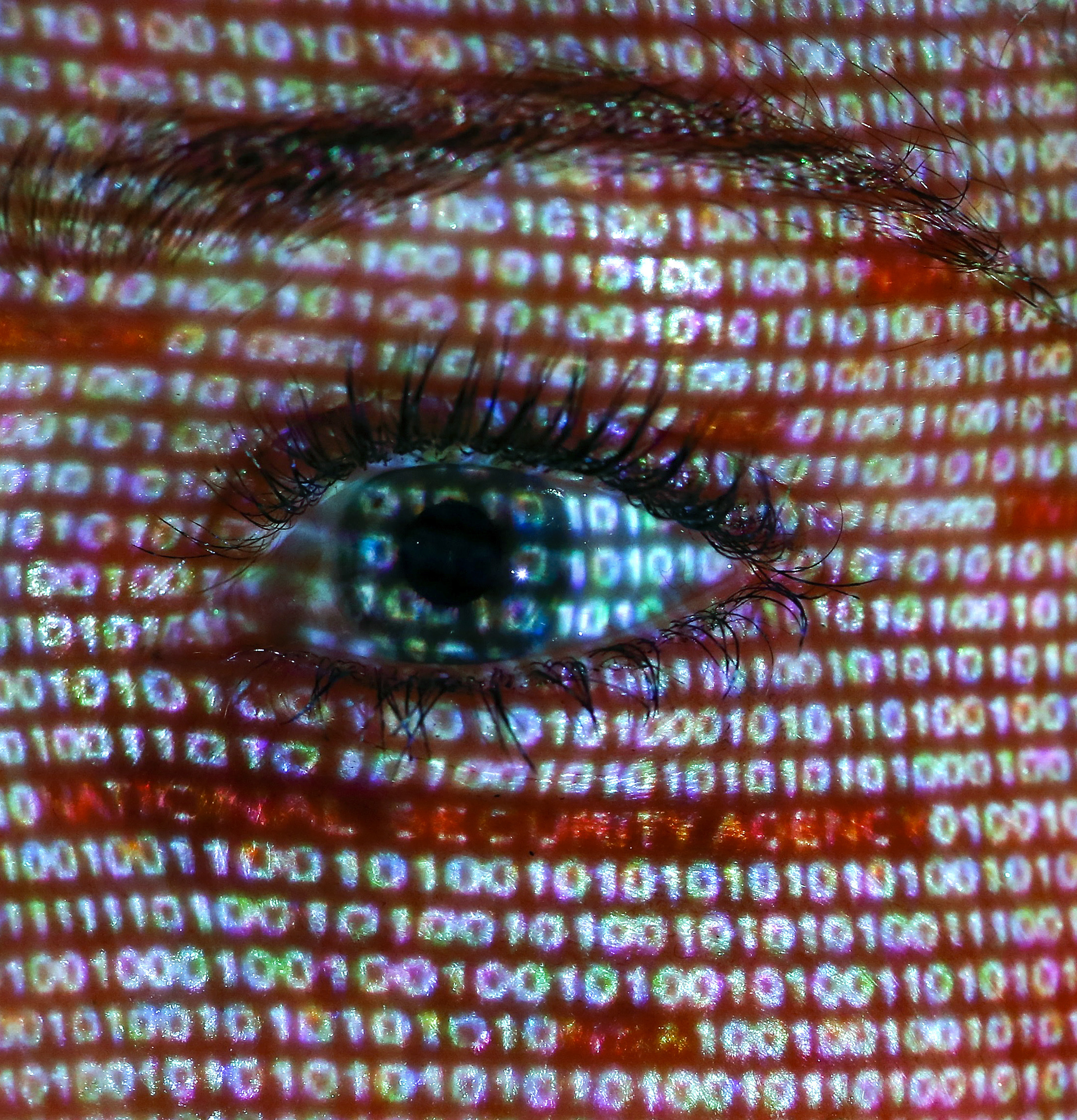European citizens seek online security as anti-Muslim groups receive death threats
Fueled by anger, frustration, and, for a few, a dose of paranoia, European citizens are turning a deep form of self-encryption – once the fringe domain of government geeks and a few private hackers – into a mainstream movement. The trend is being driven by far more than just fear of NSA snooping or government surveillance in general, which may now be tempered in the aftermath of the Paris attacks. Across Europe, concern runs deep about how and why private data is being used. It is leading to new rules and actions throughout the 28-member European Union, with officials pushing for extended surveillance capabilities. Europe will have to resolve these new tensions — similar to those that reverberate in the U.S. — between security and anonymity on the Web, especially if greater privacy is viewed as making it harder to fight terrorism.
[While the Paris attacks jarred Europe, when it comes to the privacy movement] I don’t think it’ll decisively shift things. [That community] is not going to change its position post-Paris.
Ian Brown, associate director of Oxford University’s Cyber Security Centre
Meanwhile, Germany’s anti-Islamic Pegida movement says it has cancelled a planned march, citing a death threat against organizers from the Islamic State jihadist group. Tensions have also gone viral across the globe. Protests in two cities in Niger turned violent on Friday and Saturday, as mobs attacked French buildings and burned down churches. Demonstrations have also taken off across Africa and Asia. In Pakistan, protesters in Karachi burned an effigy of French president Francois Hollande.

World Pegida